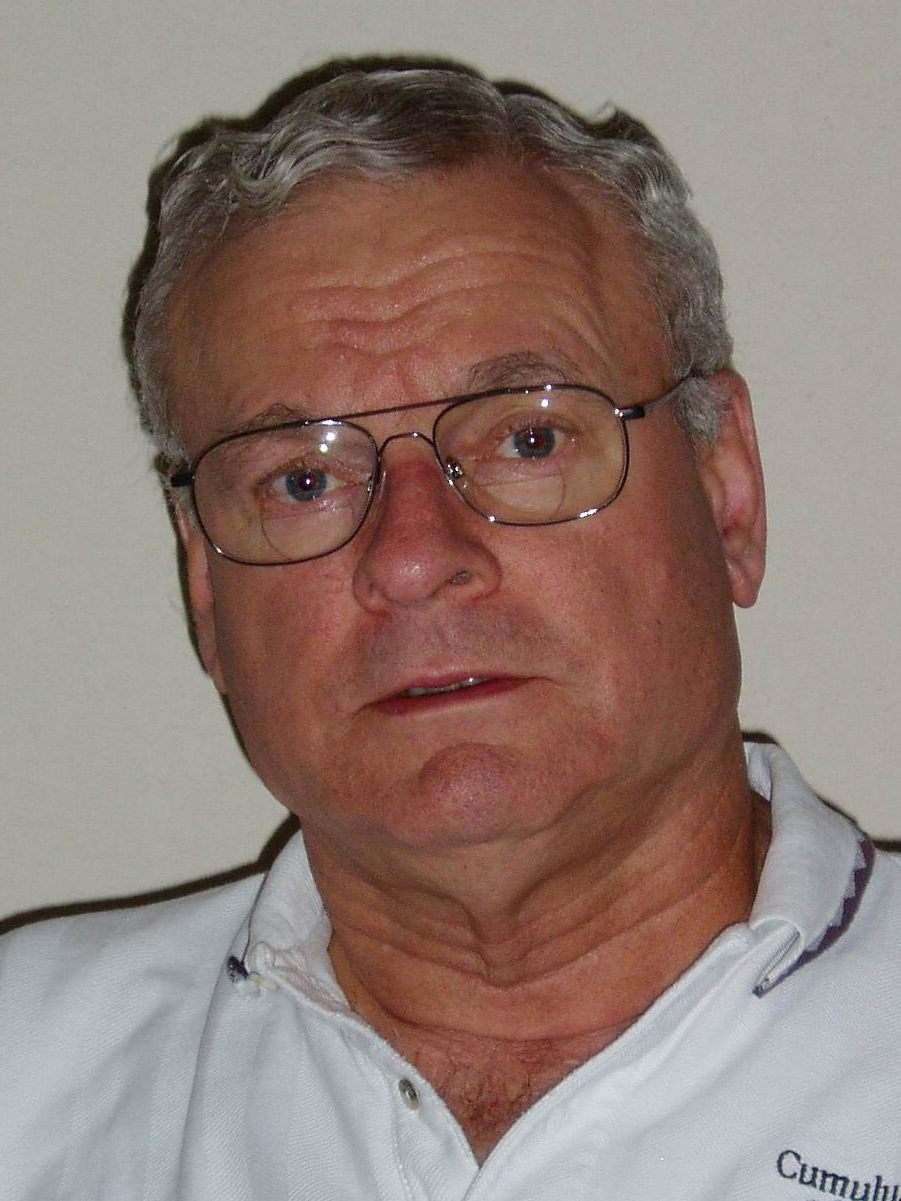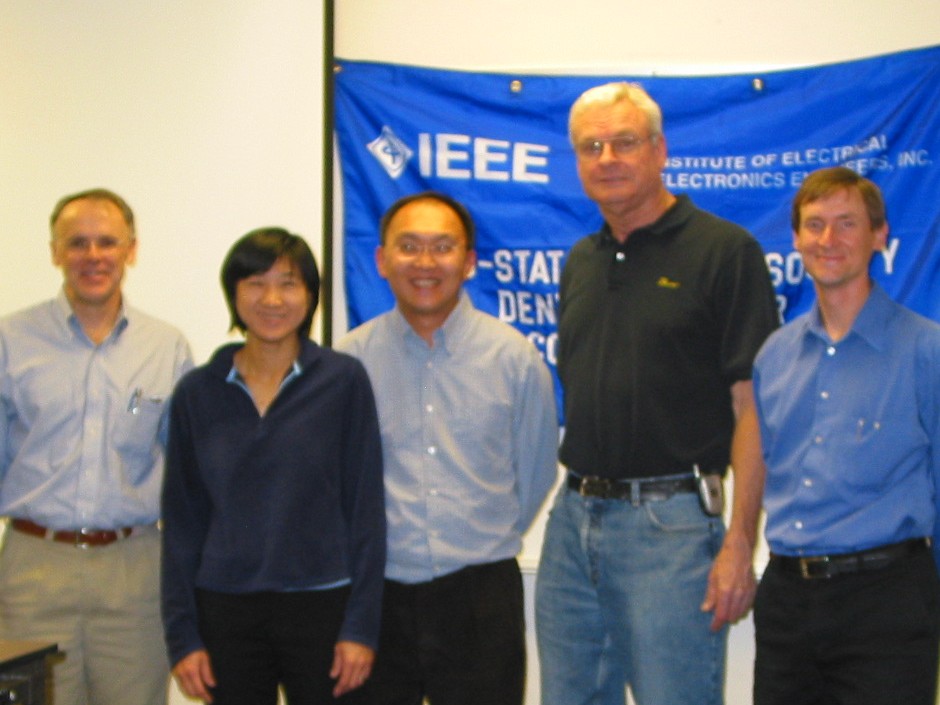|
 |
 |
|

Technical
Seminar |
 |
 |
|
|
|
How Economics is Changing the Face of Engineering
|
|
|
DATE/TIME
Wednesday, November 17, 2004 (4:30pm to 6:00pm) |
|
PLACE
Physiology Bldg. Room 103 (1st floor) (CSU, Fort Collins, CO) |
|
BUILDING & ROOM
CHANGE: Please note that venue is no longer Engineering E205 due to
a large number of RSVP's received. Many thanks to Laura Crane
of CSU for making very last-minute arrangements! |
|
DIRECTIONS
|
-
To
Colorado State University
-
To
Physiology Building Room 103
-
Physiology
Building is on the south side of campus, at the NE corner of Centre
Avenue and Lake Street. From I-25, it is easiest to take
Prospect Road westbound. After passing College Avenue, turn
right onto Centre Avenue and park at parking lot on right side of road
before reaching Lake Street.
-
Park south of
Physiology Building -- free after 4pm
|
|
COST
Free. As always, pizza &
drinks will be provided. |
|
RSVP
Please email bob_barnes@agilent.com
so that we can coordinate logistics. |
|
|
ABSTRACT
The way in
which various engineering tasks are performed and the way of
choosing the location and the execution methods has changed greatly
in the last few years. This change of engineering, production,
and commerce is a World-Wide phenomenon. We now hear the term
"globalization" being used repeatedly and in many
different contexts. We see many jobs, including engineering,
moving from high-cost areas to lower cost areas of the world.
Is this globalization? Is this something new? In this
presentation, we will be dealing with these issues and will examine
the underlying economic forces that are driving these changes.
These worldwide
changes have been occurring in cycles for hundreds of years.
There are key lessons that can be learned by studying some of these
cycles. We will find so many similarities that it will be
possible to predict with some certainty the outcomes of this
so-called job outsourcing and strategies for reducing the risk of
becoming unemployed after transferring (or refusing to transfer)
your skills.
There are some
differences in the current situation related to the portability of
the end product with zero transportation costs or penalties.
An example of this is a product that can be "shipped" to
the customer via the Internet. Of course, a software package
is a product of this type, but then so is a chip design, for
instance. We still call the outputting of a design a tape
release, even though it has been many years since I could ship a
tape to the mask shop faster than I could transfer the data
electronically. These and a few other issues make today's
technology transfers different from in the past. We will look
at the past and learn what we can, and then we will examine these
new items for relevance. The last step will be to make plans
to ensure that we participate in the third scenario listed below:
1. Refuse to help in transferring your
job skills to someone else and simply be fired today.
2. Help transfer your job skills to you
replacement and be employed until it is done.
3. Expedite the transfer of your job to
your replacement so that you can embark on the better job that you
have developed.
|
|
PRESENTATION SLIDES
pdf |
|
|
DR. DONALD
E. MORRIS (Retired from Agilent Technologies, Fort Collins, CO)
|

|
Donald E. Morris received the BSEE degree
from the University of New Mexico, Albuquerque, NM, in 1967, and the MSEE and PhDEE degrees from Oklahoma State University, Stillwater,
OK, in 1968 and 1970 respectively. He joined the Hewlett-Packard
Company in 1970, which later spun off into Agilent Technologies.
Throughout his career, Dr. Morris was primarily engaged in R&D but
held assignments in manufacturing, quality, and general management.
Among his assignments included starting an R&D lab in a newly formed
division, opening and starting a design center in Singapore, and having
had direct reports and responsibilities in Singapore, as a remote manager,
for a period of twelve years. His final assignment was managing a
design center in Singapore for three years. Dr. Morris retired from
Agilent in 2003 and enjoys an active hobby of flying as a private pilot. |
|
|
PHOTOS Courtesy
of Tin Tin Wee and Patsy Morris |

|
|